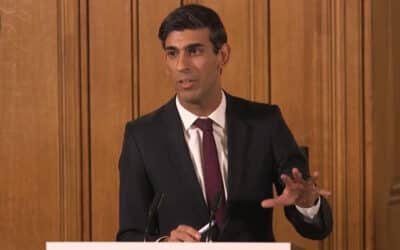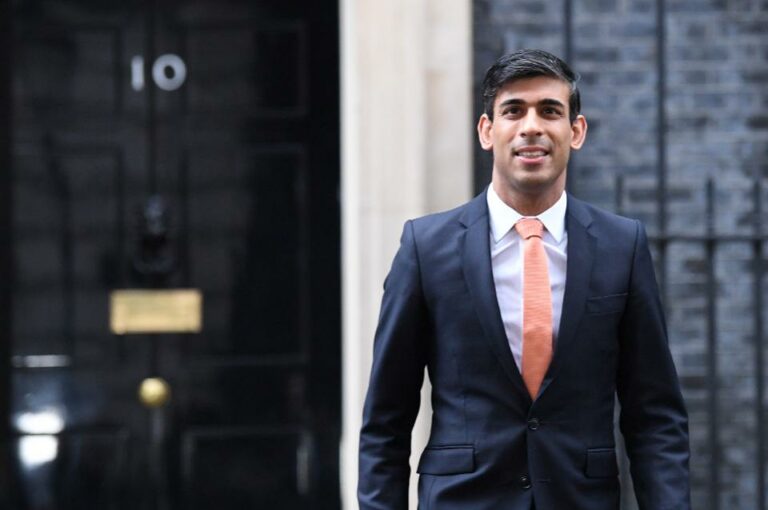DCMS is to be “refocussed,” which sounds suspiciously like code for trimmed down, under Rishi Sunak’s latest mini-cabinet-reshuffle.
Under the latest case of the band playing on in the wake of party chair Nadhim Zahawi’s departure, Sunak has created four “new” departments, splitting the Department for Business, Energy and Industrial Strategy into three separate departments alongside the “refocussed” DCMS.
Former culture secretary Michelle Donelan will take over the brief of secretary of state at the new Department for Science, Innovation and Technology, where it is understood she will retain responsibility for the online safety bill, and presumably by extension the “digital” angle of the old DCMS.
Downing Street gave few details of its future vision for DCMS beyond the pointed dropping of the word “digital” from its title, reverting to the Department for Culture, Media and Sport in a rebrand back to its old, 2017 designation. Lucy Frazer has been promoted, or perhaps demoted by the time we find out what exactly the new department’s role is, to run CMS.
Elsewhere Grant Shapps, the existing business secretary, will lead the new energy security and net zero department, while the trade secretary, Kemi Badenoch, will run business and trade while retaining her equalities brief.
Former Trade Minister Greg Hands replaces Zahawi as party chair. Hands is generally seen as, pardon the pun, a safe pair of hands having served ministerial briefs including energy and trade and chief secretary to the Treasury in the past, although he was a staunch Remainer back in 2016 if we’re searching for points of note.
Initial industry reaction was fairly muted, perhaps understandably given the lack of headline-grabbing sackings or promotions, and the wait-and-see nature of what the departmental reorganisations might look like.
Katie Gallagher, MD of Manchester Digital and chair of the UK Tech Cluster Group, expressed satisfaction that the government had “reaffirmed its commitment to supporting the tech sector at this critical juncture,” noting that the sector employs around 1.66 million people, accounting for 4.9 per cent of all UK jobs and contributing £148 billion, or 7.6 per cent to the economy.
She added: “Ministers across government have been clear as to the importance of digital tech to growing the economy. We look forward to continuing to work with them to help deliver on this agenda by building on success and unlocking potential in all parts of the UK.’’
IPA director general Paul Bainsfair bemoaned the ongoing “revolving door” of culture ministers, and was clearly disppointed by the brevity of Donelan’s tenure, given that she was a rare minister with responsibility for the media industries who has actual experience of working in the media. Donelan served in marketing roles at Sky, WWE and Australia’s Pacific Magazines before entering parliament.
Bainsfair continued: “We very much hope Lucy Frazer’s appointment as Secretary of State for Culture, Media and Sport, will be a passing of the baton from the hope provided by Michelle Donelan during her short tenure. A self-proclaimed ally of our business, Michelle understood the power, prowess and value of our industry, and the need – in her own words – ‘to protect the things that make this country great, and our world-renowned creative industries are right up there at the top of the list.'”
Perhaps the last word, however, should go to the PCS, the civil service’s biggest union whose members will be expected to implement the changes, and one of many unions currently locked in bitter dispute with Sunak’s government.
It said in a statement: “Rishi Sunak should be fully focussed on resolving our dispute, not rearranging the deckchairs on the Titanic.”












